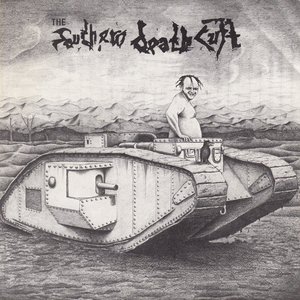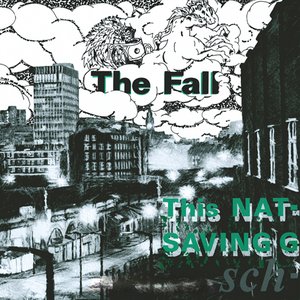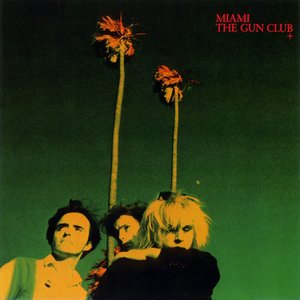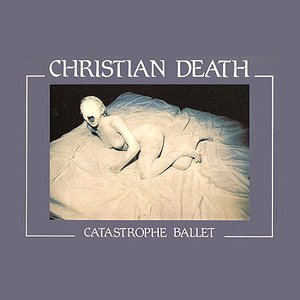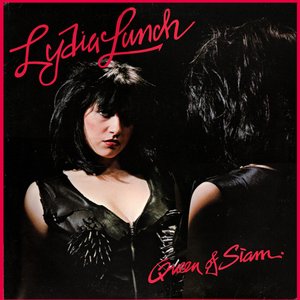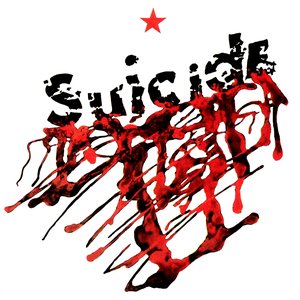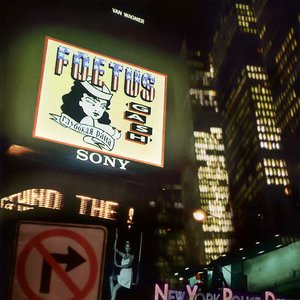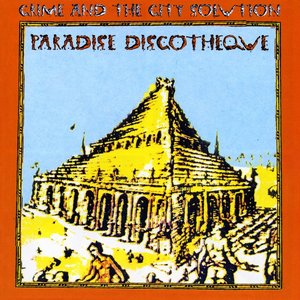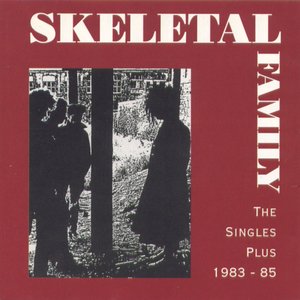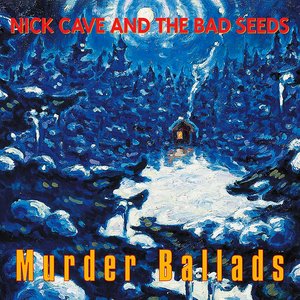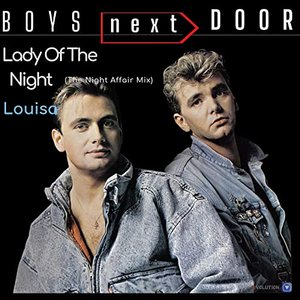Wiki
-
Release Date
5 April 1981
-
Length
13 tracks
Prayers on Fire is the debut studio album by Australian rock group The Birthday Party, which was released on 6 April 1981 on the Missing Link label in Australia, later licensed to the 4AD label. This was the band's first full-length release on an international record label and the first after changing the group's name from Boys Next Door to The Birthday Party. It was recorded at Armstrong's Audio Visual Studios in Melbourne and Richmond Recorders in the nearby suburb of Richmond, between December 1980 and January 1981.
In February 1980 Melbourne-based new wave group, The Boys Next Door, changed their name to The Birthday Party. They consisted of the same lineup of Phill Calvert on drums, Nick Cave on vocals, Mick Harvey on guitar, Rowland S. Howard on guitar and Tracy Pew on bass guitar. They relocated to London and soon signed with the 4AD label which issued the extended play, The Friend Catcher in the United Kingdom. In July, their Australian label, Missing Link Records, released "Mr Clarinet" from the EP as a single. In November Missing Link followed with a compilation album, The Birthday Party under the band names The Boys Next Door and The Birthday Party, which combined previously issued EP and singles tracks with some previously unreleased material.
Also in November 1980, The Birthday Party returned to Australia and toured. According to Australian music historian, Ian McFarlane, "It was during this time that the band cemented its reputation as a peerless live act, with its omnipresent influence settling over the Melbourne scene". On 6 April 1981 they issued the album and followed in June with its lead single, "Nick the Stripper". The group returned to London.
Members of Melbourne jazz rock band Equal Local contributed the brass section to "Nick the Stripper" – tenor saxophonist Mick Hauser was mis-credited as Mick Hunter. Equal Local had formed in 1980 by Dean Richards on guitar, Philip Jackson on synthesisers, trumpet and rhythm generator, Melissa Webb on synthesiser and piano, Bryce Perrin on acoustic bass, and Hauser. Richards and Jackson were bandmates from post punk rockers, Whirlywirld and contemporaries of The Boys Next Door. Equal Local disbanded in early 1982.
In Melbourne, in December 1980 and January 1981, they joined engineer and producer, Tony Cohen, in Armstrong's Audio Visual Studios (A.A.V. Studio 2) and Richmond Recorders, to record their tracks. Music journalist, Toby Creswell, noted that the band "struggled with creating their own identity some of them also began indulging an appetite for alcohol and heroin". Cave was embarrassed by "Zoo Music Girl" but noted "we were digging for something and we kind of just found it with some songs" and cited "King Ink" as an example of "a certain kind of sound that we wanted to work with on records after that". Eight of the eleven tracks on Prayers on Fire were written or co-written by Cave, "it was a kind of reaction to the major disappointments we felt when we went to England… we began to see a vision and I don't think we were positively influenced … we didn't want to be like the English New Wave pop groups of the time". Pew observed " it stinks, quite honestly … The engineer slept through the entire session for a start".
Album descriptions on Last.fm are editable by everyone. Feel free to contribute!
All user-contributed text on this page is available under the Creative Commons Attribution-ShareAlike License; additional terms may apply.

